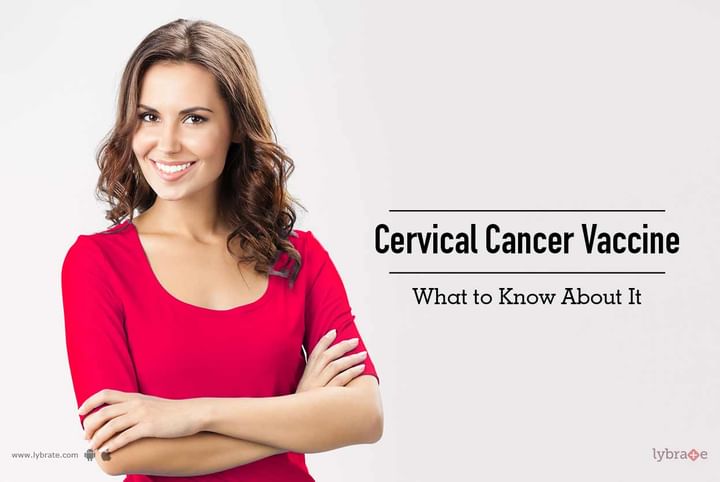Cervical Cancer Vaccine - What to Know About It?
Some forms of cancer, such as cervical cancer can be prevented by vaccines. Cervical cancer is the second most common form of cancer that affects women. The vaccine that prevents cervical cancer is known as the human papilloma virus(HPV) vaccination. Let's take a look at a few things you should know about this vaccination.
What is HPV?
There are over a hundred types of HPV. While some of them affect the genital area and can cause abnormal tissue growth that leads to cervical cancer others can cause anal cancer, genital warts, skin warts, cancer of the head and neck and vaginal cancer.
When should you have the vaccination?
The human papillomavirus or HPV vaccination is most effective when administered to preteen and teenage girls. This vaccine protects them for the next ten years against the disease. One of the reasons, the HPV vaccination is given so early is that the virus can spread easily by sexual activity. Having the vaccination early can protect them from a HPV infection. The vaccine is also said to be more effective when given to girls who have not yet been infected by a strain of HPV.
How is the vaccination given?
The HPV vaccination is given in the form of three injections spread over six months. The second dose is given two months after the first dose and the final dose is administered six months after the first dose. There is more than one name for the HPV vaccination. Gardasil and cervarix are the most common amongst these. Many doctors suggest no matter which one you choose, the same vaccination be used for all three doses.
How effective is the vaccination?
Along with protecting against cervical cancer, the HPV vaccine also protects women against vaginal, anal and oropharynx cancer. Some of the vaccines also protect against genital warts. However, the vaccination cannot be used to treat existing HPV infections and is less effective when given to women who have already been infected with a strain of the virus.
Is there anyone who should not have this vaccine?
The HPV vaccine is not recommended for pregnant women. Do not have the vaccination if you are already suffering from a severe illness. The vaccination is also not recommended for women who are allergic to yeast or latex.
What are the side effects of the HPV vaccination?
The HPV vaccination has minor side effects that may include mild soreness at the injection site, a headache or low fever. Some women may also feel dizzy or faint after the injection. Nausea, vomiting, diarrhea and abdominal pain are some of the other side effects associated with this vaccination. Apart from taking a dose of vaccine, it is important that you go for regular full body check up as well, to prevent yourself from various ailments.



+1.svg)
